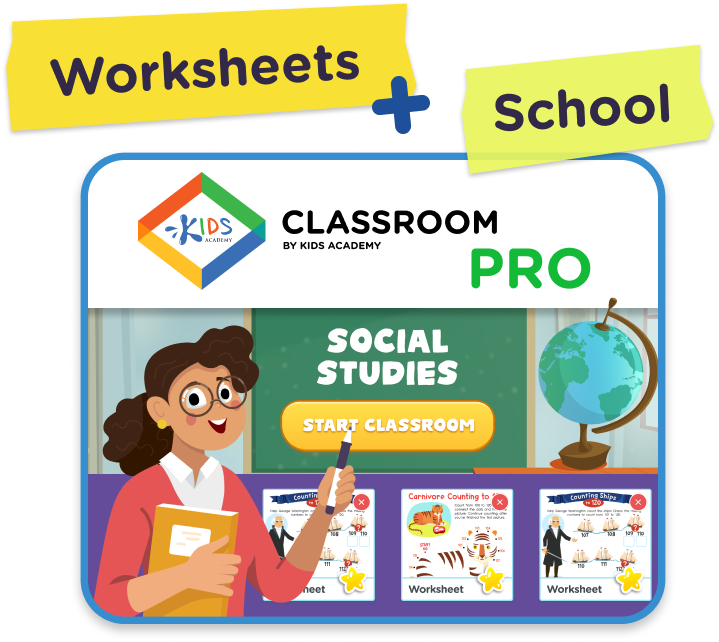Critical Thinking Community Worksheets for Ages 3-7
6 filtered results
-
From - To
Discover the perfect tool to nurture inquisitive young minds with our "Critical Thinking Community Worksheets for Ages 3-7." Tailored to enhance cognitive skills, these engaging worksheets guide children through fun activities that stimulate reasoning, problem-solving, and analytical thinking. Each colorful page introduces real-world community scenarios, helping kids connect concepts with their surroundings, while encouraging thoughtful questioning. Ideal for parents and educators, our printable resources foster a foundational understanding of social studies, promoting curiosity and intellectual growth in early learners. Unlock their potential and make critical thinking a natural part of their learning journey!


What is a Law? Worksheet


Fair or Unfair Worksheet


What Do Teachers Need Worksheet


Traditional Music Worksheet


Family Traditions Worksheet


Fairness: Sequencing Worksheet
The Critical Thinking Community for Ages 3-7 is crucial because it nurtures essential lifelong skills in young children at a developmentally optimal stage. From ages three to seven, children's brains are exceptionally receptive to new information and ways of thinking. Cultivating critical thinking skills during this formative period equips children with the ability to reason, question, and solve problems creatively and logically.
Parents and teachers should care because these skills transcend academic boundaries and foster overall cognitive development. Children who engage in critical thinking learn to assess situations, make informed decisions, and approach challenges with a positive mindset. This foundation promotes resilience, self-confidence, and independent thinking—qualities valuable in every aspect of life.
Moreover, fostering critical thinking early supports educational success and provides a significant advantage in subjects like mathematics, science, and literacy. With these skills, children can more easily understand complex concepts and become inquisitive learners, making them better prepared for future educational demands.
Providing children with opportunities to practice critical thinking through engaging and age-appropriate activities helps in cultivating curiosity and a genuine love for learning. A community oriented around critical thinking offers structured support, connecting parents and educators with resources and strategies tailored to young learners' needs. By prioritizing this holistic approach, we ensure that children are not just absorbing information but are equipped to thoughtfully engage with the world around them.
 Assign to My Students
Assign to My Students
















